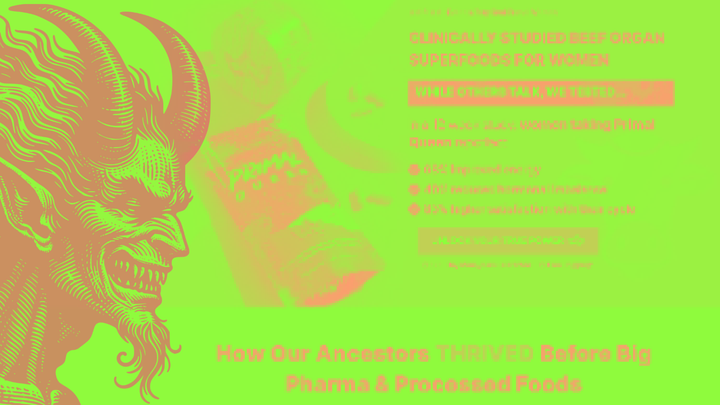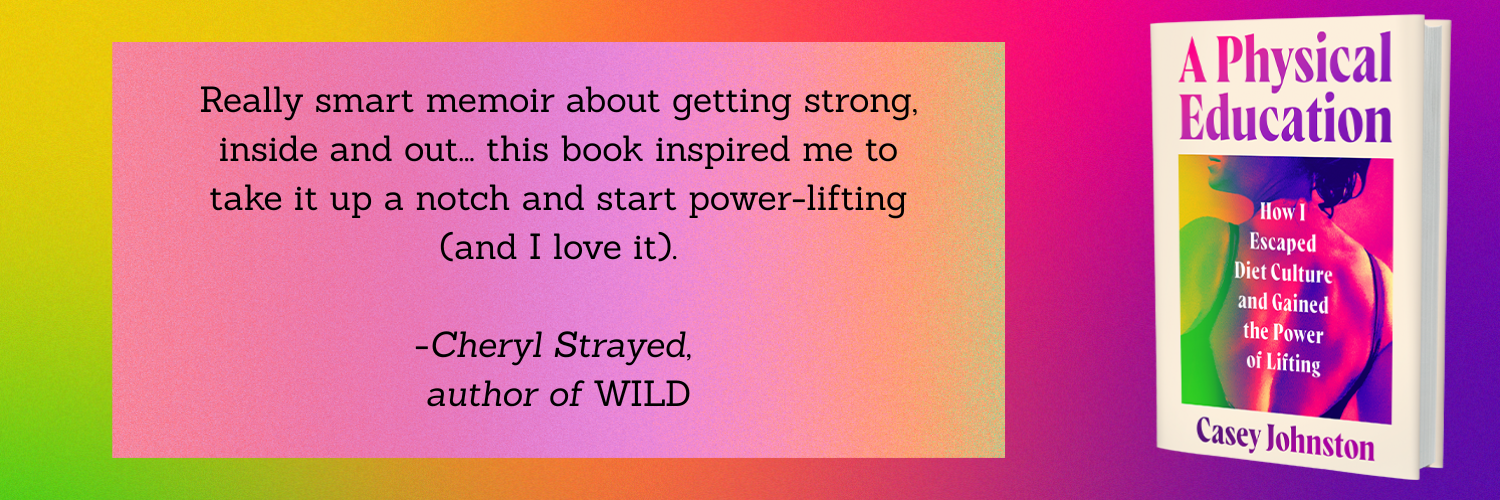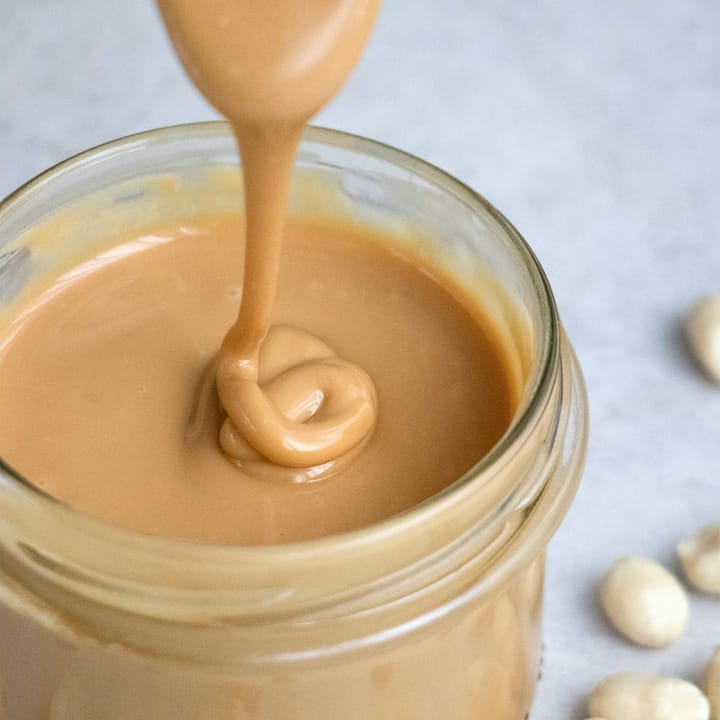A peek inside the #sponsored #ad sausage factory, part three


It fascinates me that in an era of seemingly relentless, compulsive disclosure, there are still so many things we do not actually know, are prevented from knowing. Things that people and entities would be embarrassed for more people to know than absolutely need to. It is almost as if the more that everyone talks, the more there is to possibly know, like every piece of information creates an anti-particle of nega-information, and the less likely it is we could ever possibly know all that we need to.
Anyway—sometimes these anti-particles of nega-information cross my desk, mostly in the form of unsolicited bribes to advertise some shady “wellness” product, often in exchange for nothing: “exposure,” a chance to “win” a crosspost or gift package.
I don’t receive these email bribes because I am special. Instead, it’s because my email address is in some “striving wellness influencer” database along with, I assume, hundreds of thousands of others, that brands can pay to access and then spray liberally with form emails, knowing that even if only 0.1% of us jump at the chance to be noticed by these F-list brands, that is thousands of posts’ worth of free PR that costs them nothing more than the time it takes to write that one email. It’s only slightly more expensive if they actually pay. And I would not get these emails constantly if it didn't work.
This isn’t the only way that sponsored-content social media sausage is made. There are more champagne versions: influencers with managers who solicit work on their behalf, negotiate the rate, filtering for brands or products the influencer wouldn’t want to be affiliated with.
But brands know how fervently many people dream of making money by doing nothing except posting on social media, which they already do for free anyway. And because so many wellness brands have no shame or scruples, that means a lot of them employ this spray-and-pray “strategy.” Is it actually effective? Probably not, but we live in a world where success is measured entirely in numbers, as opposed to goodwill or customer satisfaction. More to the point, wellness brands love to grift and be gone, banking entirely on their flashy promises and then vanishing before anyone realizes they’ve delivered on exactly nothing.
First: A brand that wants influencers to hawk semaglutide:
We can't have bots here.
Let's see some ID. (Just your real email, please.)





